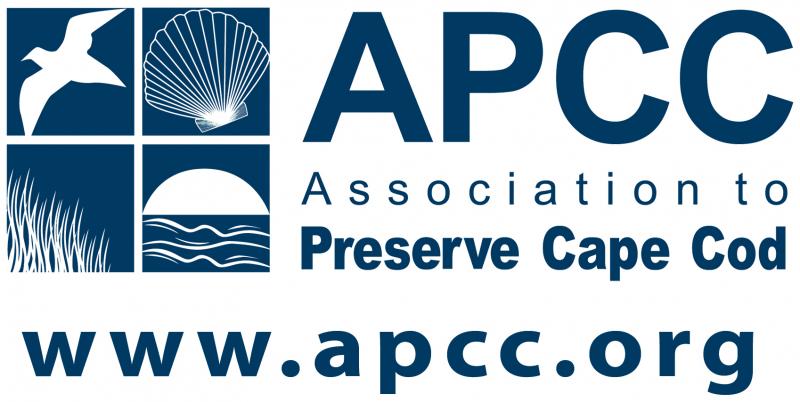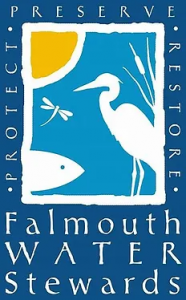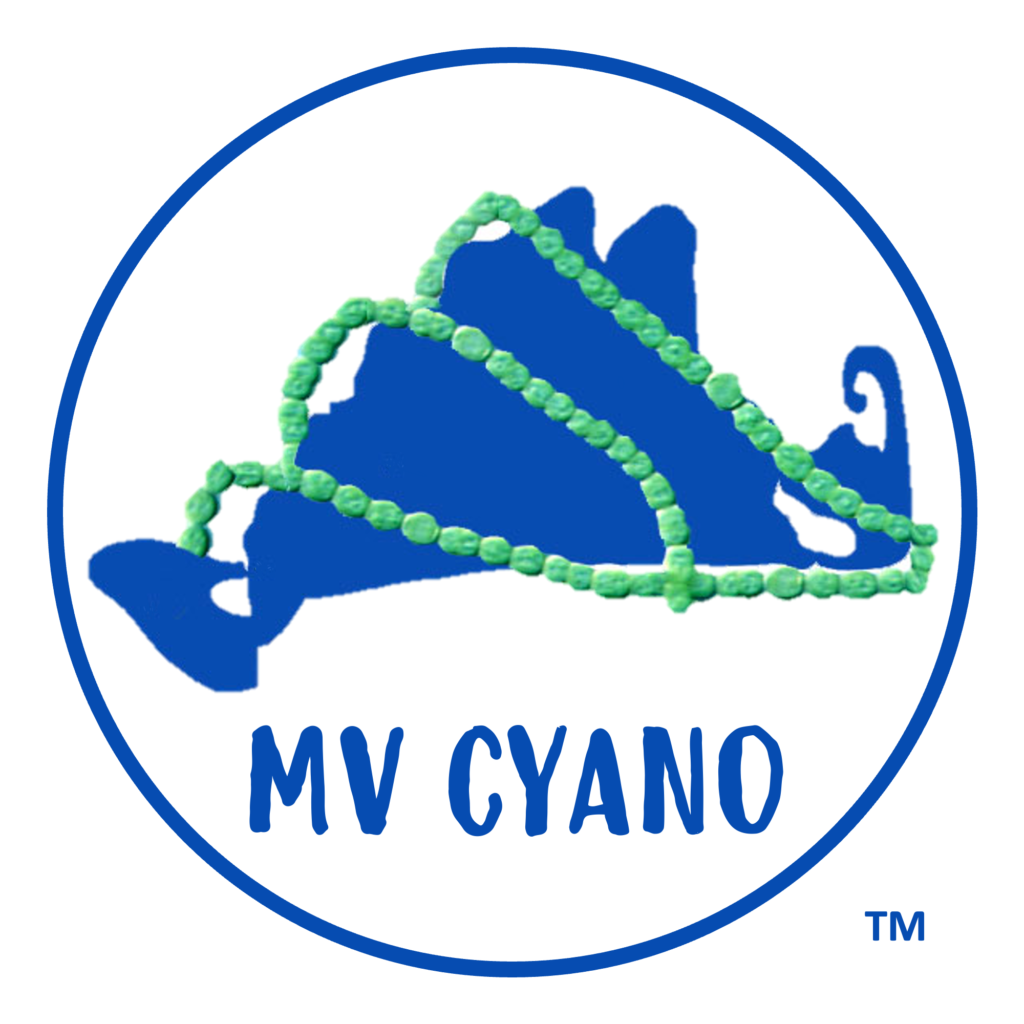Monitoring and Toxicity Testing
Association to Preserve Cape Cod
The Association to Preserve Cape Cod (APCC) is a group that is actively involved in identifying environmental issues that impact Cape Cod and the Islands. They support local environmental education, train citizen scientists in environmental monitoring, help the public connect with and understand the Cape’s ecology, and organize volunteer initiatives such as the Cape’s springtime herring counting program. They are involved in many towns across the Cape on multiple levels from assisting town government to local volunteers.
Every year APCC monitors many ponds across Cape Cod for cyanoHABs, They collect data on cyanobacterial community composition, concentration, and predicted toxicity. From these data they are able to to develope risk levels for each water body they test which is shared on their website.
To learn more about APCC and their work on CyanoHABs visit their website https://apcc.org/our-work/science/community-science/cyanobacteria/
You can sign up to get CyanoHAB alerts from APCC HERE
Falmouth Water Stewards
FWS partners with APCC to monitor six different ponds on Cape Cod for Cyanobacteria. The goal of the Falmouth Water Stewards is to protect, preserve, and restore Falmouth’s waters by engaging in local advocacy, educating the public and organizing citizen science opportunities. Visit their site here https://www.falmouthwaterstewards.org/2023-cyanobacteria-report
MV Cyano
MV CYANO is a collaborative initiative among Island Boards of Health and scientists from Great Pond Foundation to monitor cyanobacteria on Martha's Vineyard. They have sampled multiple sites at 12 different ponds since they first piloted their program in 2021. The different advisories and maps they have created are available on their site which you can visit here https://greatpondfoundation.org/mvcyano/



